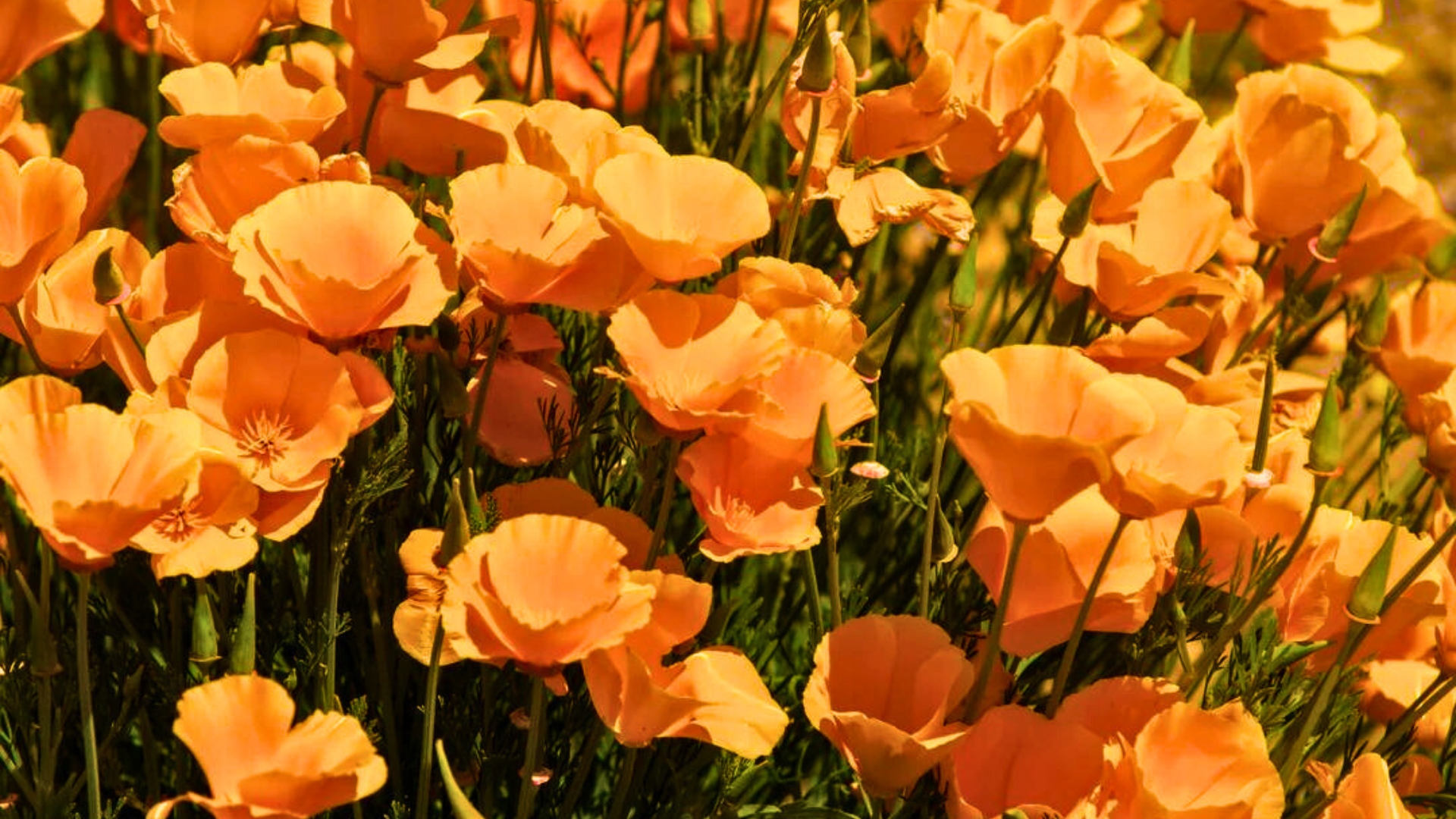You Won’t Believe These 16 Common Foods That Are Illegal To Grow In Your Backyard
Growing your own food is a great way to stay self-sufficient, but did you know some everyday foods are actually off-limits? That’s right—plants you’d never expect are banned from backyards for some pretty surprising reasons.
Some are considered invasive, while others have strict regulations that might leave you scratching your head. I couldn’t believe a few of these myself, and now I’m double-checking my own garden!
Get ready for a list that might just change the way you look at your favorite homegrown foods.
1. Wheat

In your backyard, a wheat field might seem like a bread-loving homeowner’s dream, but alas, it’s a no-go! Wheat, that golden grain, is illegal to grow for the casual gardener. Why? It all comes down to agricultural control and pest management.
Unchecked backyard farms could lead to pest infestations affecting commercial crops. So, while it sounds wonderful, wheat-growing is best left to the professionals.
2. Poppy
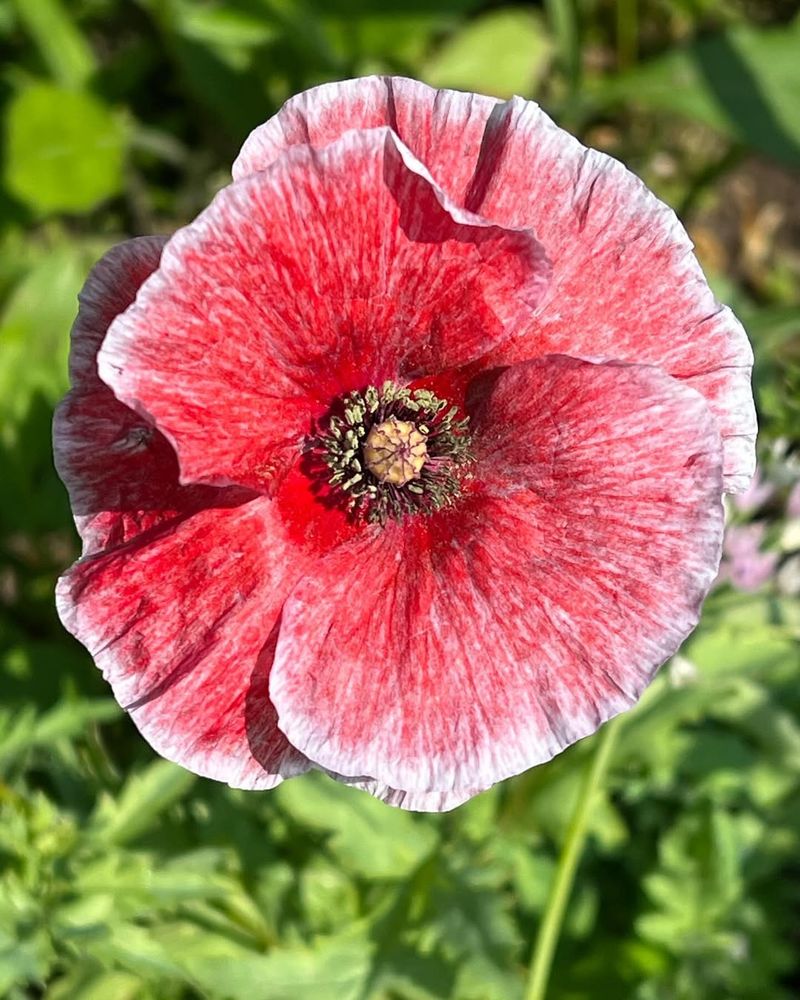
Imagine a backyard full of vibrant poppy flowers swaying in the breeze. Sounds delightful, doesn’t it? However, poppies are associated with illegal substances like opium.
Growing them could land you in hot water with the law! The allure of the poppy’s beauty doesn’t outweigh the legal risks involved. It’s a risky flower to cultivate, and it’s best admired in professional gardens or as part of a legal floral display.
3. Cotton

You might think growing cotton in your backyard would add a touch of Southern charm, but not so fast! Cotton is heavily regulated due to its association with the boll weevil pest.
This pest can devastate not just backyard crops but entire agricultural yields. So, for the sake of the farming industry, cotton growing is kept under strict control. Stick to other decorative plants and leave cotton farming to the experts.
4. Quinoa

Little did you know, quinoa isn’t just a trendy superfood but also a backyard no-no! The seemingly harmless quinoa plant faces restrictions due to its potential to cross-contaminate with commercial crops.
The risk of spreading diseases through amateur farming is just too great. So, while it makes for a delightful dish, it’s best sourced from the supermarket.
5. Bamboo
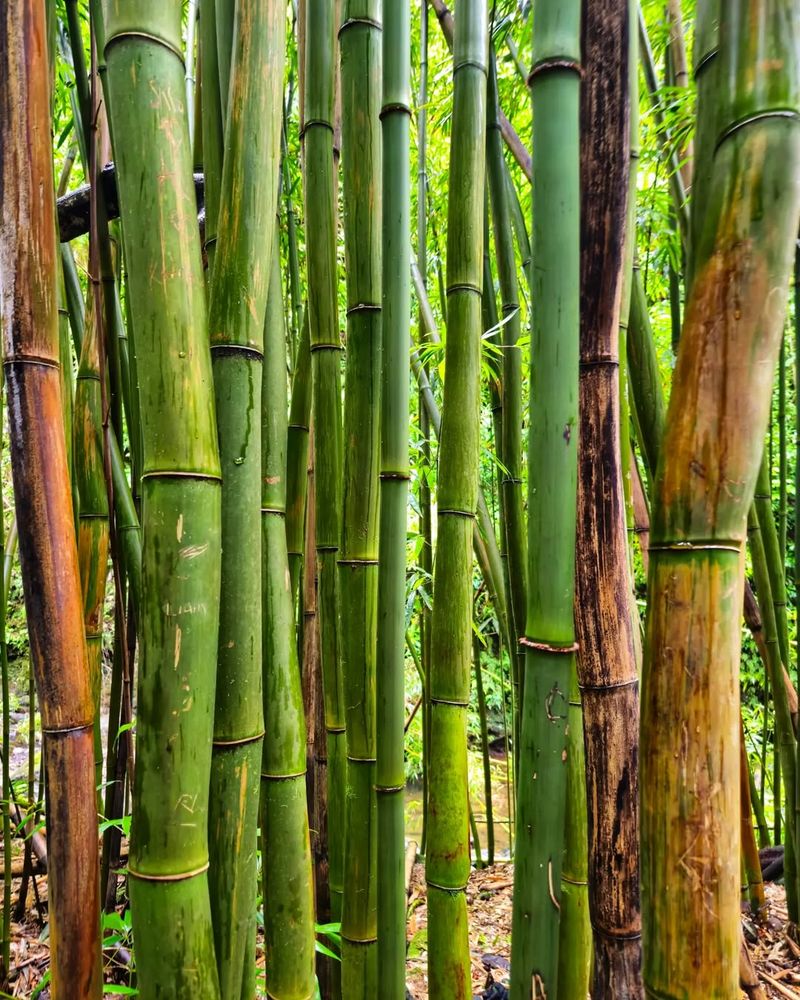
Creating a tropical getaway in your backyard sounds appealing, but bamboo isn’t all zen for zoning laws. These tall, fast-growing shoots are illegal due to their invasive nature.
Bamboo can quickly spread, taking over not just your garden but also your neighbor’s too! To keep peace in the neighborhood and prevent a bamboo takeover, growing it is prohibited.
6. Sugarcane
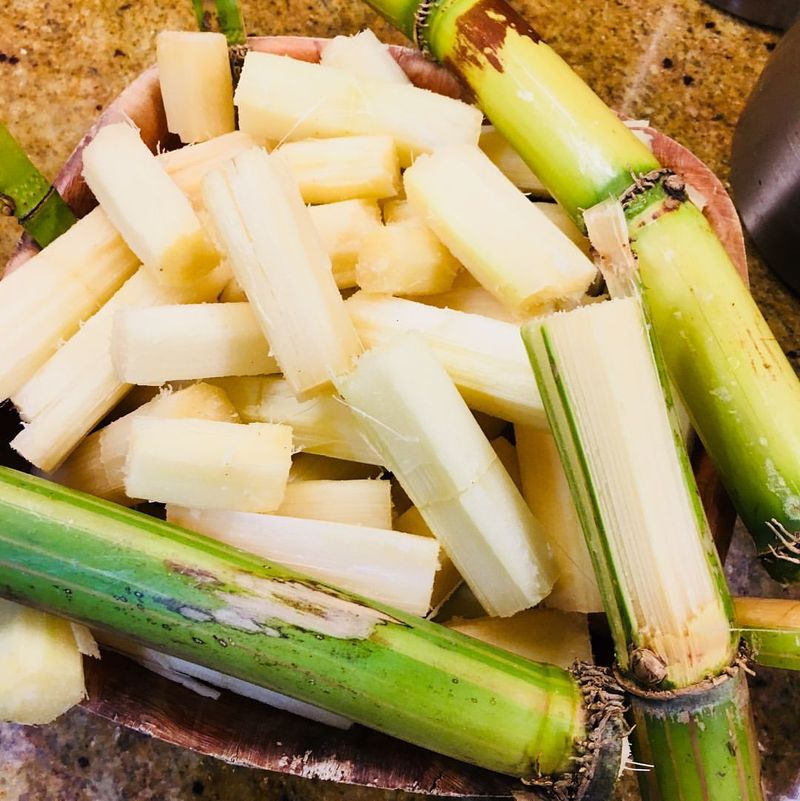
Sweet as it sounds, sugarcane isn’t just any backyard plant. It’s illegal due to its association with pests and diseases that can affect commercial crops.
The risk of spreading these issues is too great to ignore. For all your sweet cravings, it’s better to rely on store-bought sugar. Leave sugarcane farming to the professionals, and keep your backyard pest-free.
7. Grapes

Dreaming of your own vineyard right outside your door? Grapes might seem like a luscious idea, but home grape-growing comes with legal strings attached. The potential for illegal wine-making is enough to put this fruit on the backyard blacklist.
So, while it might be tempting, it’s better to visit a local vineyard for your grape needs. Let the winemakers handle the grapes, while you enjoy the fruits of their labor.
8. Saffron
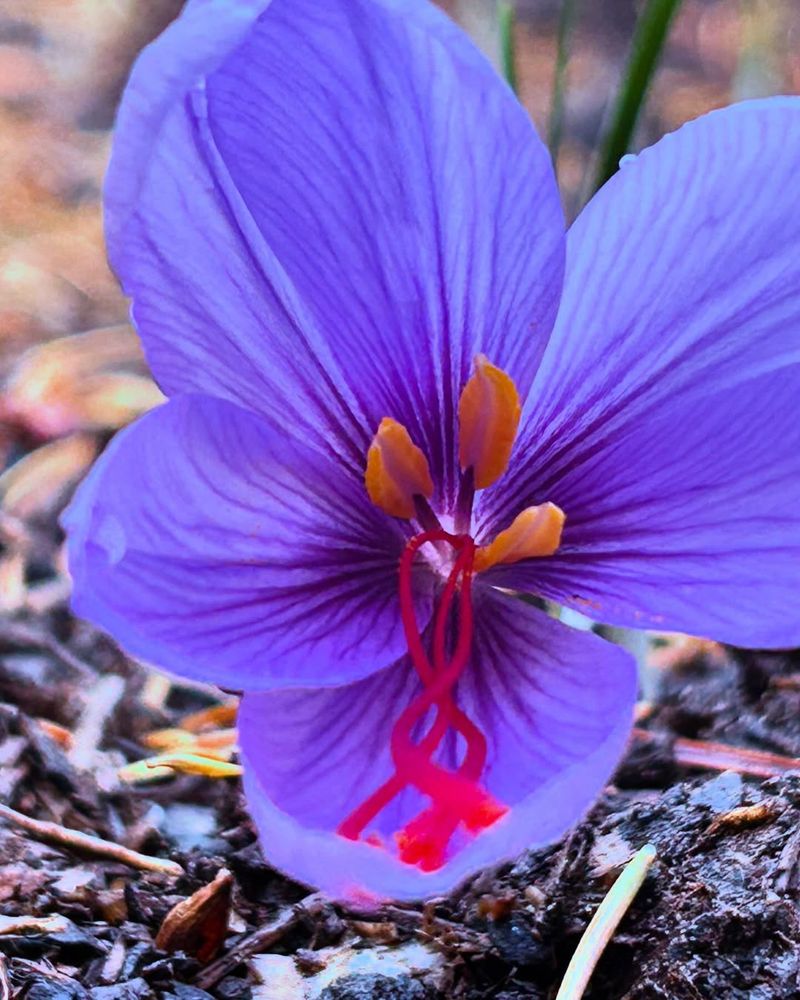
An exotic touch to your garden, saffron flowers come with more than meets the eye. Growing saffron is illegal due to its high value and risk of theft.
The lucrative nature of this spice makes it a target for crime. So, even though it’s tempting to grow your own, it’s safer to buy saffron from reputable sources. Enjoy the spice in your dishes, but leave its cultivation to the experts.
9. Ginseng

Prized for its health benefits, ginseng is a legal no-no when it comes to home cultivation. The root’s high market value makes it a sought-after crop, leading to illegal harvesting concerns.
Ginseng is best left to regulated growers to ensure sustainability and legality. Instead of risking trouble, support legal suppliers for your ginseng needs. Enjoy its benefits in supplements, but steer clear of growing your own.
10. Avocado

Guacamole lovers, rejoice…but not in your backyard! It turns out avocado trees are on the illegal list in some regions. The issue lies in the potential for invasive species and pest problems that threaten local ecosystems.
While it may be disheartening, avocados are best enjoyed from the store. Let farmers handle the growth while you whip up delicious avocado-based dishes at home.
11. Mango

The sweet taste of mango might remind you of tropical vacations, but having your own mango tree is a legal tango! Certain areas restrict mango cultivation due to pest control and agricultural laws.
The juicy fruit is safer purchased from authorized vendors. So while the idea of fresh backyard mangoes is appealing, it’s best left to professionals. Enjoy the sweetness without the legal headache.
12. Cacao
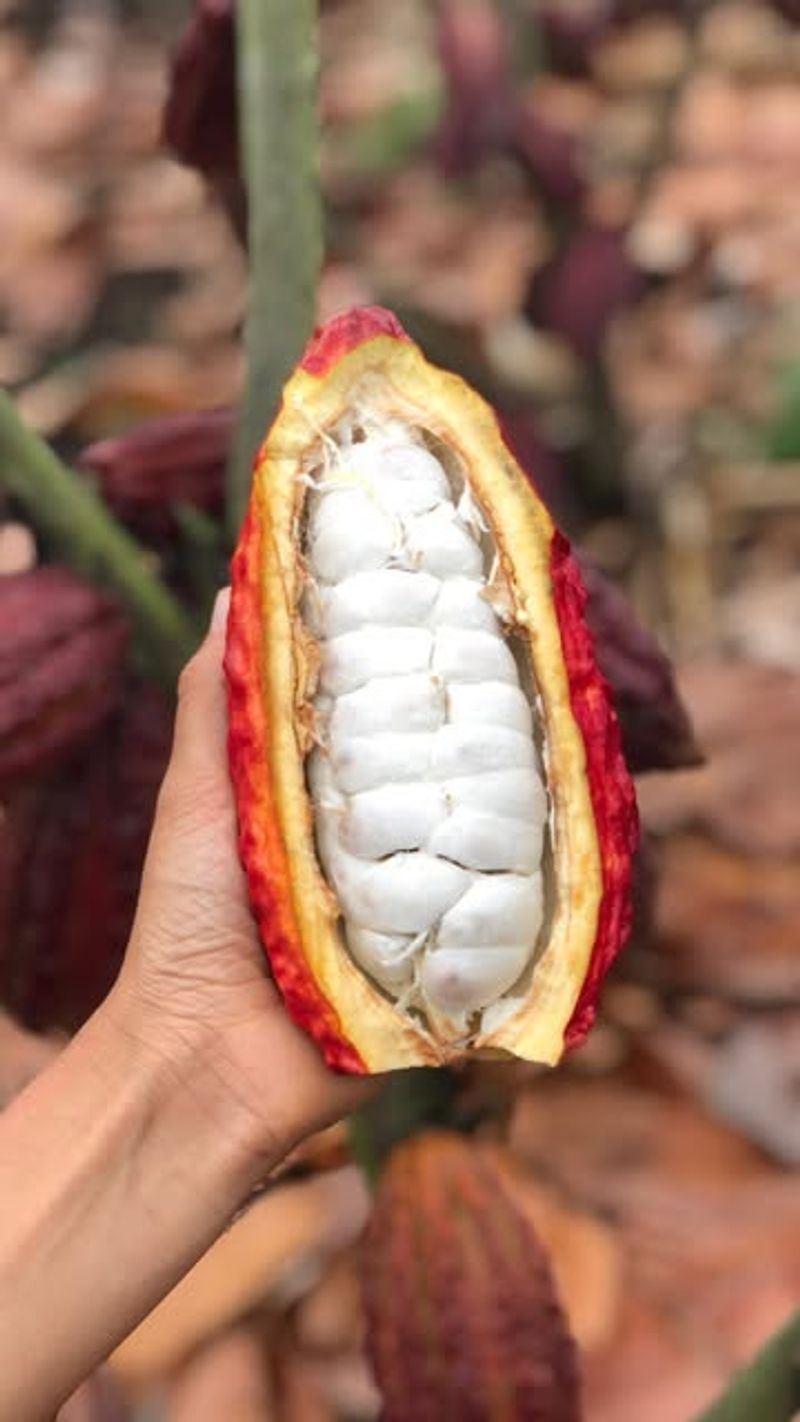
For the love of chocolate, growing cacao at home seems like a dream, but it’s not so sweet legally. Cacao cultivation can lead to pest problems and disease spread, affecting commercial farms.
The complexity of its growth requires careful control. Rather than risking legal troubles, satisfy your chocolate cravings with store-bought delights. Let the experts handle the beans, while you indulge in their chocolatey creations.
13. Coffee

Coffee lovers might fantasize about harvesting beans in their own backyard, but it’s a legal brew-ha-ha! Growing coffee plants is restricted due to pest and disease concerns.
The intricate care required makes it a challenging home project. Instead, support coffee farmers by purchasing their carefully cultivated beans. Savor your morning cup knowing it’s professionally grown and brewed.
14. Tobacco

Rolling your own tobacco might sound like a thrifty endeavor, but it’s wrapped in legal red tape. Tobacco cultivation is highly regulated due to health and tax reasons. The strict controls ensure that production is monitored and taxed appropriately.
Rather than risking fines, it’s best to leave tobacco growing to licensed manufacturers. Enjoy tobacco products responsibly and legally from approved sources.
15. Hops
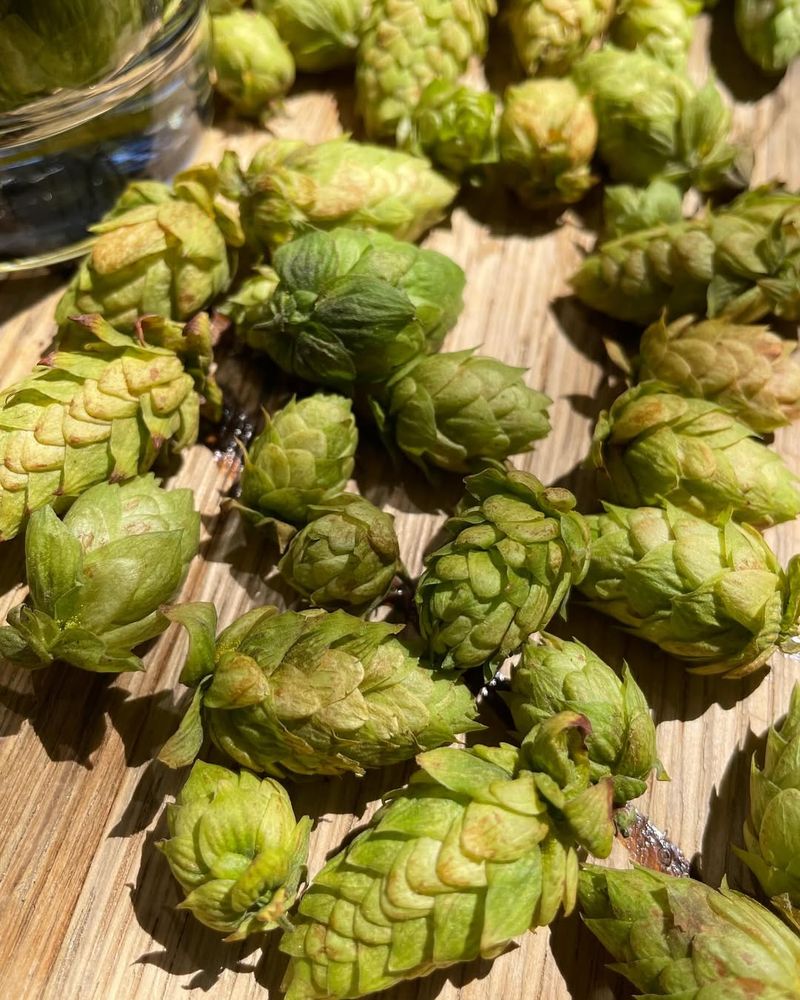
Beer enthusiasts might dream of home-brewing with backyard hops, but it’s a hops-sical challenge legally. Growing hops is restricted due to agricultural laws and potential pest issues.
The delicate balance of brewing ingredients is better left to professionals. Instead, discover local breweries for your hop-filled beverage needs. Enjoy a craft beer with peace of mind, knowing it’s crafted legally and expertly.
16. Aloe Vera

The plant known for its soothing properties, Aloe Vera, is best left out of your backyard. Surprisingly, its cultivation can be restricted in certain areas due to invasive species concerns.
The plant’s rapid growth can overtake local flora, leading to ecological imbalance. For your aloe needs, it’s safer to purchase commercial gel products. Keep your garden balanced and legal with alternative plant choices.

